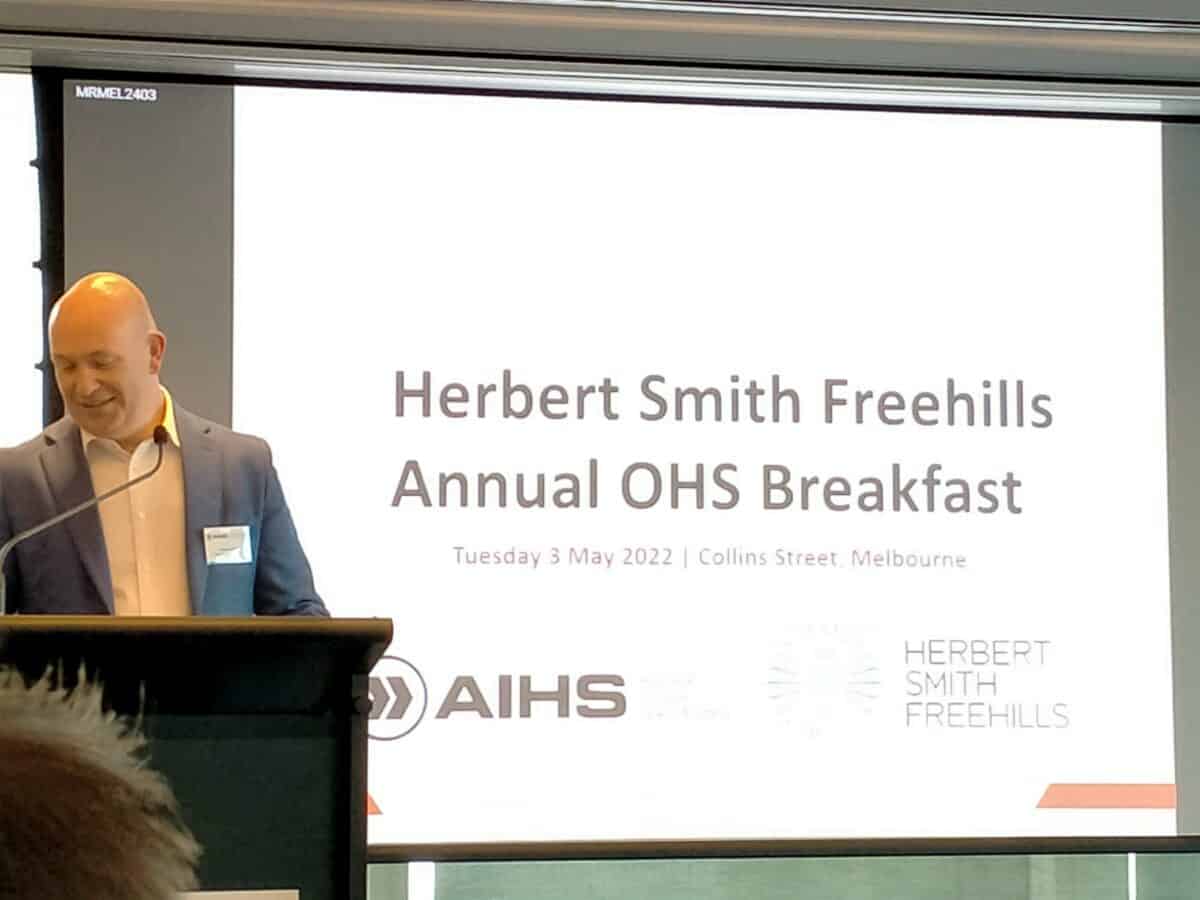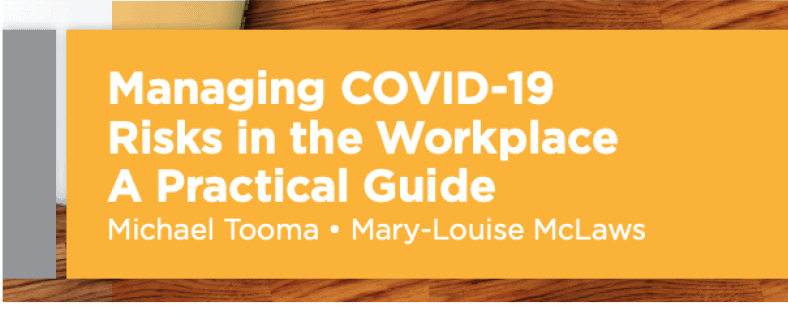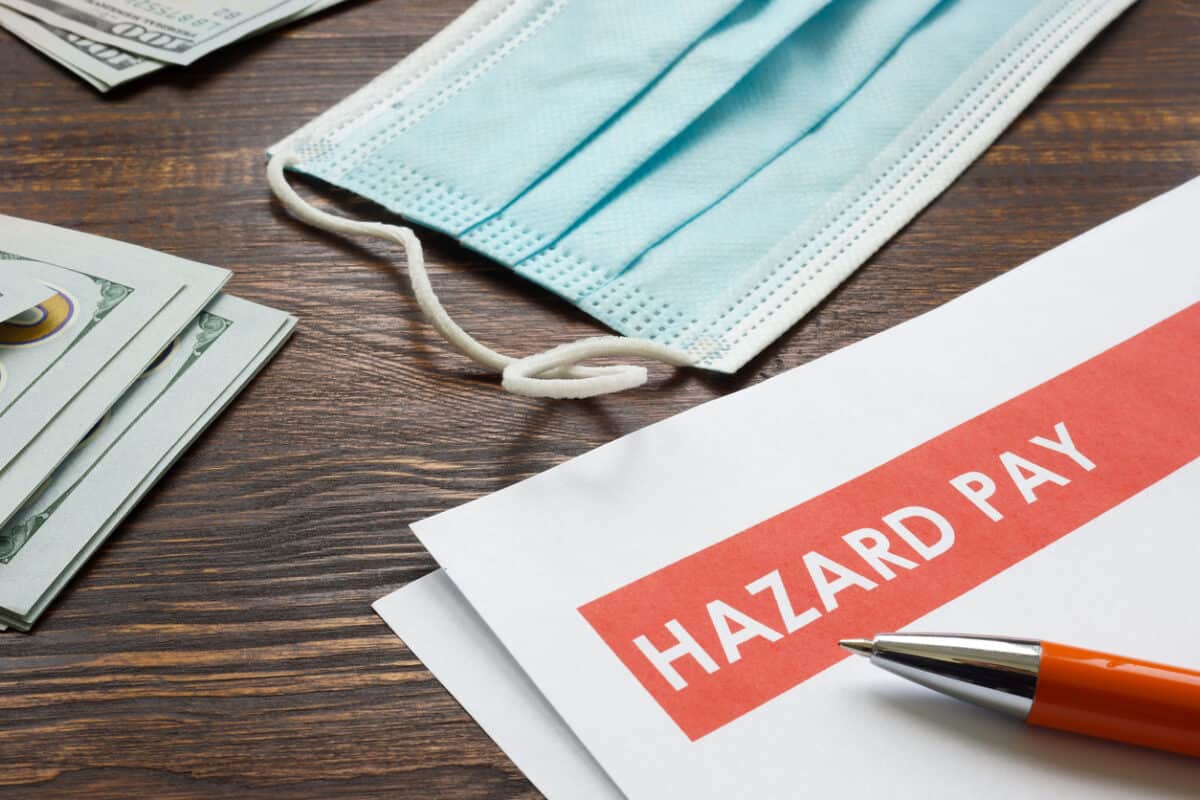Recently Australian law firm Cornwalls published an article about workplace health and safety in support of National Safe Work Month. The article, written by Robert King, illustrates the difference between advice from a lawyer and advice from an Occupational Health and Safety (OHS) professional.
King advocates that National Safe Work Month is a good time to audit one’s OHS management system. He’s right, but anytime is a good time to undertake these audits as long as the auditor is independent and honest.







